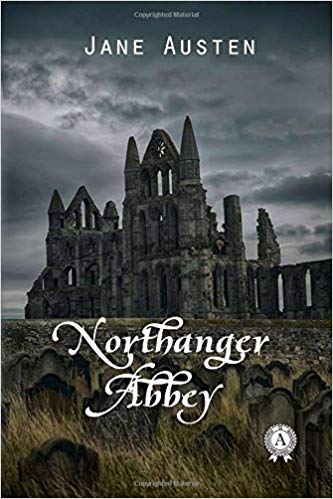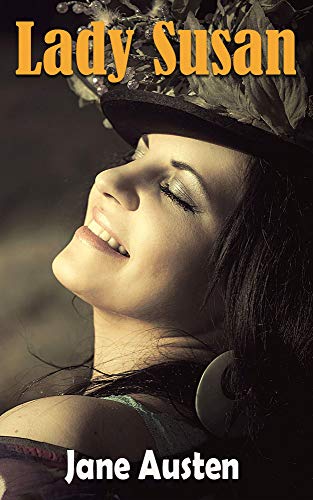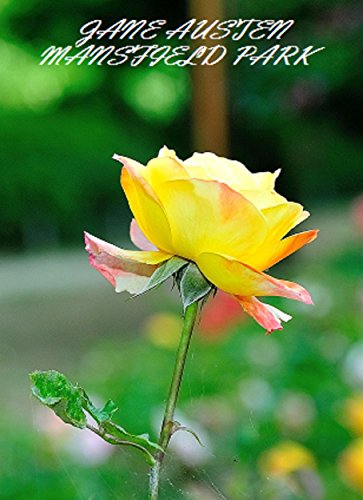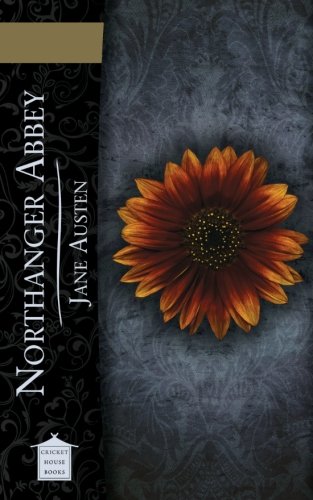Jane Austen
Pride & Prejudice
language
( Sept. 5, 2018)
Pride & Prejudice is a 2005 romantic drama film directed by Joe Wright and based on Jane Austen's 1813 novel of the same name. The film depicts five sisters from an English family of landed gentry as they deal with issues of marriage, morality and misconceptions. Keira Knightley stars in the lead role of Elizabeth Bennet, while Matthew Macfadyen plays her romantic interest Mr Darcy. Produced by Working Title Films in association with StudioCanal, the film was released on 16 September 2005 in the United Kingdom and Ireland and on 11 November in the United States.Screenwriter Deborah Moggach initially attempted to make her script as faithful to the novel as possible, writing from Elizabeth's perspective while preserving much of the original dialogue. Wright, who was directing his first feature film, encouraged greater deviation from the text, including changing the dynamics within the Bennet family. Wright and Moggach set the film in an earlier period and avoided depicting a "perfectly clean Regency world", presenting instead a "muddy hem version" of the time. It was shot entirely on location in England on a 15-week schedule. Wright found casting difficult due to past performances of particular characters. The filmmakers had to balance who they thought was best for each role with the studio's desire for stars. Knightley was well-known in part from her work in the Pirates of the Caribbean film series, while Macfadyen had no international name recognition.
The film's themes emphasise realism, romanticism and family. It was marketed to a younger, mainstream audience; promotional items noted that it came from the producers of 2001's romantic comedy Bridget Jones's Diary before acknowledging its provenance as an Austen novel. Pride & Prejudice earned a worldwide gross of approximately $121 million, which was considered a commercial success. Pride & Prejudice earned a rating of 82% from review aggregator Metacritic, labeling it universally acclaimed. It earned four nominations at the 78th Academy Awards, including a Best Actress nomination for Knightley. Austen scholars have opined that Wright's work created a new hybrid genre by blending traditional traits of the heritage film with "youth-oriented filmmaking techniques".[5]Film, literary, and Austen scholars noted the appearance of romance and romanticism within Pride & Prejudice, especially in comparison to previous adaptations.[77] Sarah Ailwood marked the film as "an essentially Romantic interpretation of Austen's novel", citing as evidence Wright's attention to nature as a means to "position Elizabeth and Darcy as Romantic figures ... Wright's Pride & Prejudice takes as its central focus Austen's concern with exploring the nature of the Romantic self and the possibilities for women and men to achieve individual self-fulfillment within an oppressive patriarchal social and economic order."[78] Likewise, Catherine Stewart-Beer of Oxford Brookes University called Elizabeth's presence on the Derbyshire cliff a "stunning, magical evocation of Wright's strong stylistic brand of Postmodern Romanticism", but found this less like Austen and more reminiscent of Emily Brontë's Wuthering Heights.[79] In her analysis, University of Provence scholar Lydia Martin concluded that the "Romantic bias of the film is shown through the shifts in the characters' relationships, the soundtrack and the treatment of landscape".[80]
Realism is a prominent aspect of the film, a theme confirmed by Wright in interviews as well as the DVD audio commentary.[81] In a 2007 article, Ursinus College film studies professor Carole Dole argued that Pride & Prejudice is "a hybrid that embraces both an irreverent realism to which younger audiences are accustomed (and which reflects the director's realist aesthetic) and the classic heritage film's reverence for country houses, attractive landscapes and authentic period detail". Such "irreverent realism" included the depiction of Longbourn as a working.
The film's themes emphasise realism, romanticism and family. It was marketed to a younger, mainstream audience; promotional items noted that it came from the producers of 2001's romantic comedy Bridget Jones's Diary before acknowledging its provenance as an Austen novel. Pride & Prejudice earned a worldwide gross of approximately $121 million, which was considered a commercial success. Pride & Prejudice earned a rating of 82% from review aggregator Metacritic, labeling it universally acclaimed. It earned four nominations at the 78th Academy Awards, including a Best Actress nomination for Knightley. Austen scholars have opined that Wright's work created a new hybrid genre by blending traditional traits of the heritage film with "youth-oriented filmmaking techniques".[5]Film, literary, and Austen scholars noted the appearance of romance and romanticism within Pride & Prejudice, especially in comparison to previous adaptations.[77] Sarah Ailwood marked the film as "an essentially Romantic interpretation of Austen's novel", citing as evidence Wright's attention to nature as a means to "position Elizabeth and Darcy as Romantic figures ... Wright's Pride & Prejudice takes as its central focus Austen's concern with exploring the nature of the Romantic self and the possibilities for women and men to achieve individual self-fulfillment within an oppressive patriarchal social and economic order."[78] Likewise, Catherine Stewart-Beer of Oxford Brookes University called Elizabeth's presence on the Derbyshire cliff a "stunning, magical evocation of Wright's strong stylistic brand of Postmodern Romanticism", but found this less like Austen and more reminiscent of Emily Brontë's Wuthering Heights.[79] In her analysis, University of Provence scholar Lydia Martin concluded that the "Romantic bias of the film is shown through the shifts in the characters' relationships, the soundtrack and the treatment of landscape".[80]
Realism is a prominent aspect of the film, a theme confirmed by Wright in interviews as well as the DVD audio commentary.[81] In a 2007 article, Ursinus College film studies professor Carole Dole argued that Pride & Prejudice is "a hybrid that embraces both an irreverent realism to which younger audiences are accustomed (and which reflects the director's realist aesthetic) and the classic heritage film's reverence for country houses, attractive landscapes and authentic period detail". Such "irreverent realism" included the depiction of Longbourn as a working.
Enjoy reading Pride & Prejudice? You may also like these books
-
Z

Jane Austen
Jane Austen's Pride and Prejudice: A Book-to-Table Classic
Hardcover (Puffin Books Oct. 16, 2018) -
Z

Jane Austen
Sense and Sensibility
Paperback (CreateSpace Independent Publishing Platform Nov. 29, 2014) -

Jane Austen
The Complete Jane Austen Collection - 6 Book Box Set
Paperback (Sweet Cherry Publishing Dec. 9, 2019) -

Jane Austen
The Complete Novels Of Jane Austen Collection 7 Books Box Set
Paperback (Wordsworth Editions March 15, 2018)
















